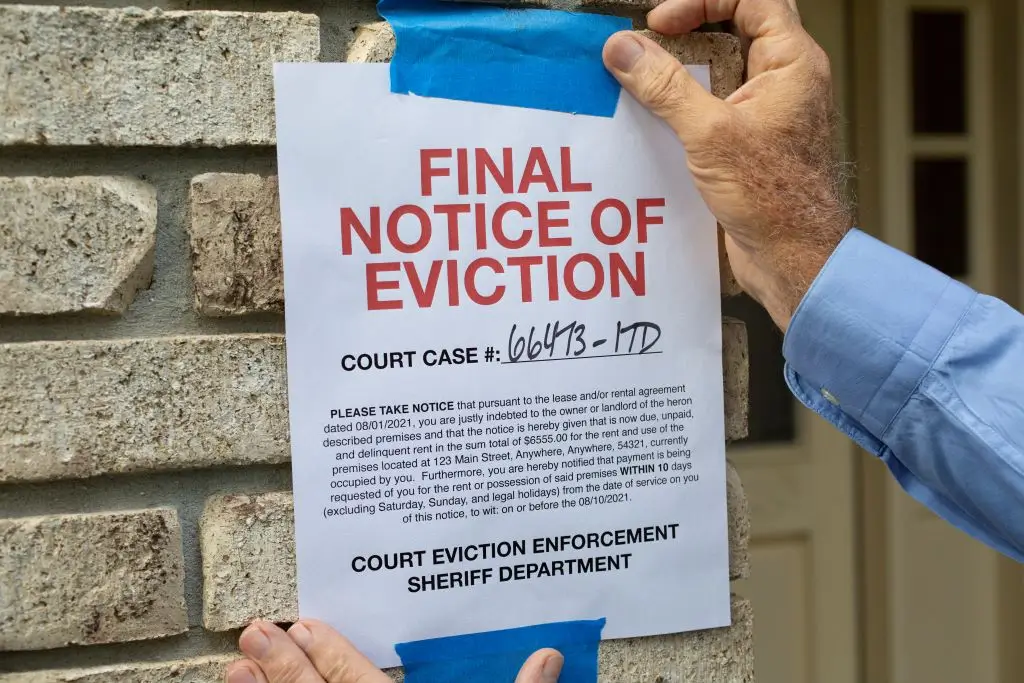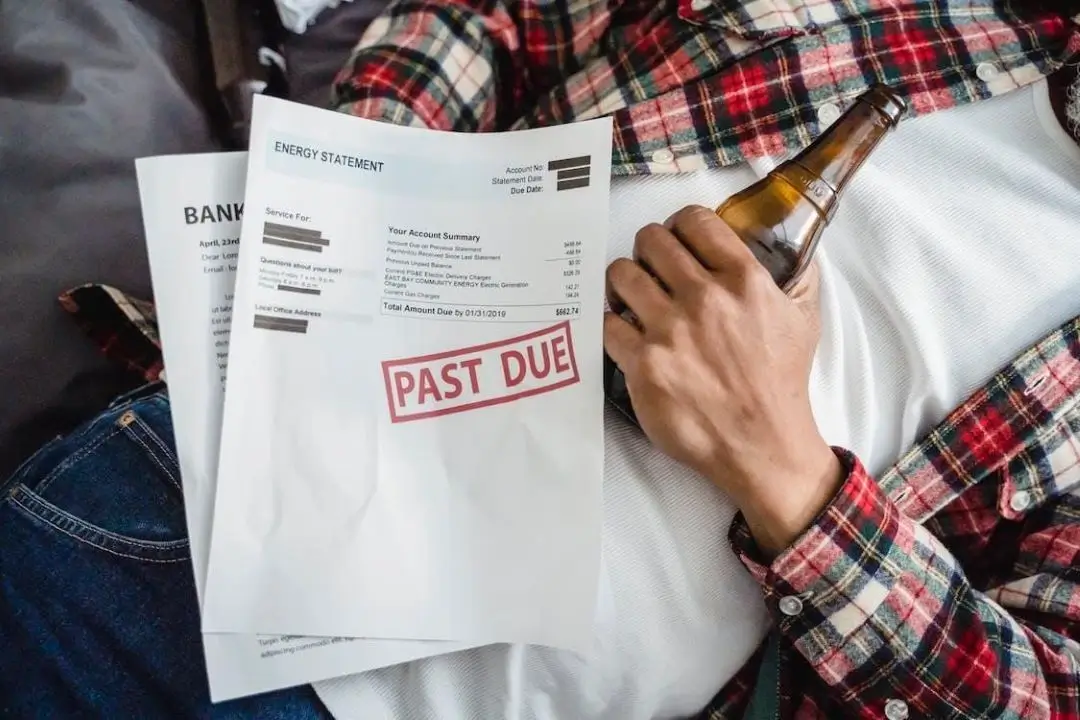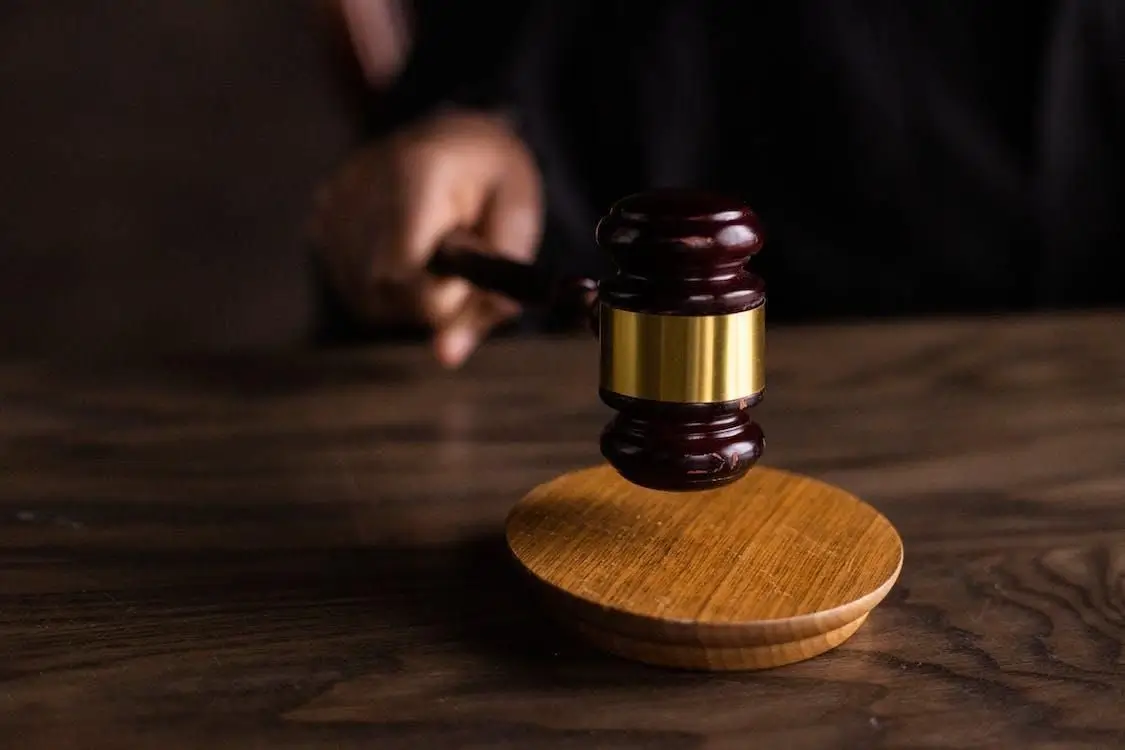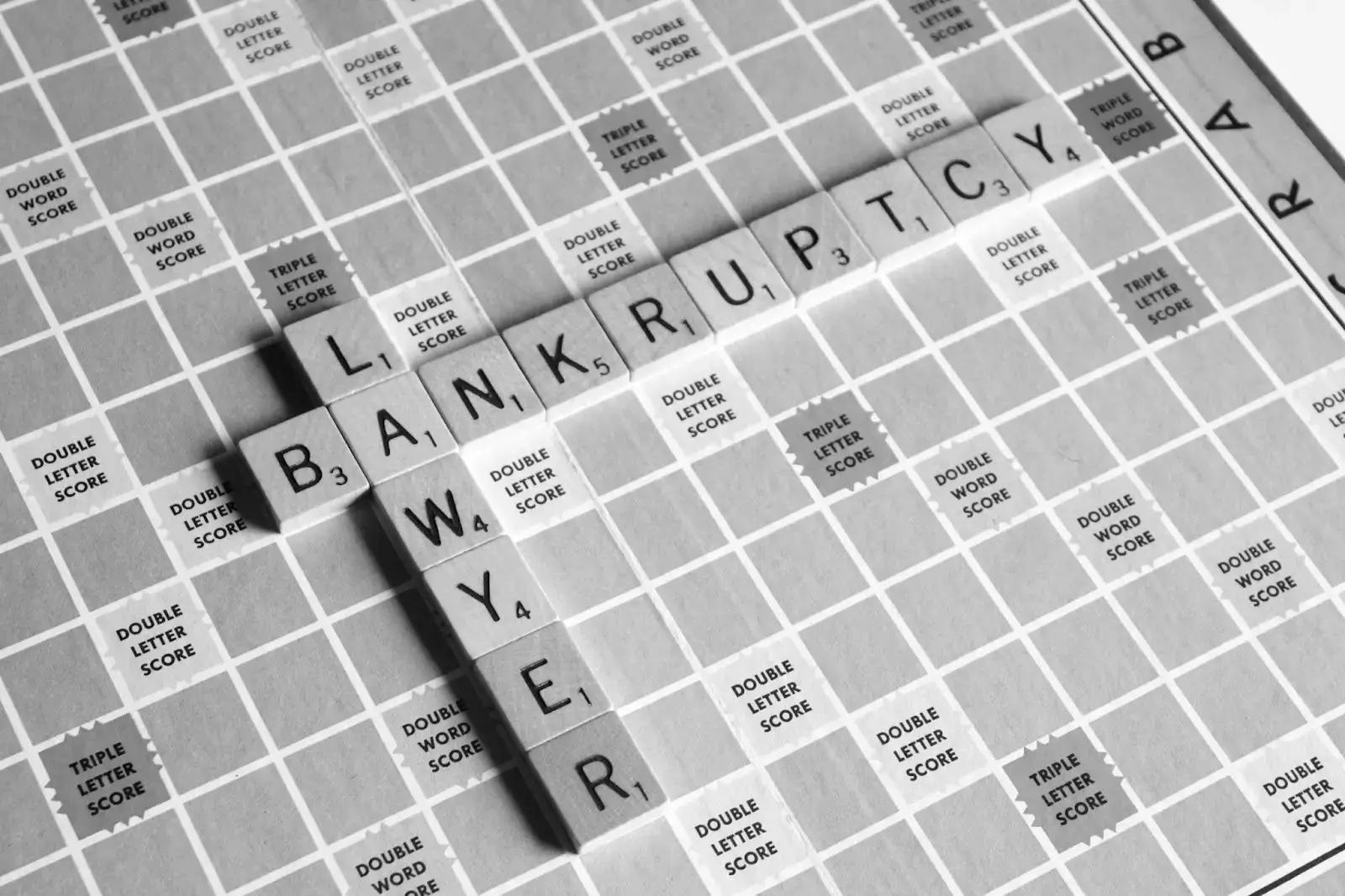I need to file bankruptcy. What do I do?
If you’re considering filing for bankruptcy, it’s crucial to seek guidance from experienced bankruptcy attorneys. These professionals can assess your financial situation, explain your options, and guide you through the legal process to help you make informed decisions and achieve the best possible outcome for your financial future.
Need to speak to someone about bankruptcy? Get in touch.
Speak With a Bankruptcy Lawyer
Fill out the free bankruptcy evaluation form below and start the process to getting back on the right path.
What is
Bankruptcy Law?
Bankruptcy law covers a variety of complex federal legal proceedings for borrowers who cannot meet all their financial obligations. Declaring bankruptcy may help families, individuals, or businesses that cannot afford to pay off all their unpaid debts to creditors. Attorneys that specialize in bankruptcy law can represent both debtors and creditors alike. Since bankruptcy law is complex, attorneys may also serve as impartial intermediaries to ensure the process is fair to everyone. This means they may occasionally take on other roles, such as mediators, trustees, regulators, or even become court judges.
Generally, any changes to bankruptcy law must happen at the federal level only. No matter where you live in the U.S., the rules, procedures, and steps to declare bankruptcy are always the same.
How Can a Bankruptcy Lawyer Help You?
It’s true that some people declare bankruptcy without a lawyer. It’s known as a “pro se” filing, and it’s significantly harder than, say, filing your own divorce papers. However, even the United States Courts website says it’s probably a bad idea.
Here are just a few reasons to consult an attorney who specializes in bankruptcy law about your situation first:
- You won’t pay anything for a no-obligation initial phone consultation to discuss your specific debt issues and legal options. Your matched attorney can then give you confidential legal advice over the phone that applies to your unique situation.
- Attorneys can make debt collectors stop contacting you and halt foreclosure or eviction proceedings immediately. Debt relief companies don’t have the legal authority to do this on your behalf and some may scam you financially.
- Your attorney can help you better understand whether you’ll owe taxes on any potentially charged-off debts. Depending on where you live, debt “forgiveness” may count as income that becomes taxable at the state or federal level.
- Lawyers are more affordable than most people think. Worried an attorney will charge you charge hundreds of dollars per hour to handle your case? Most who practice bankruptcy law typically use a “flat rate” fee agreement instead. Even if you file bankruptcy yourself, you must still pay court fees, paperwork filing fees, etc. These typically add up to several hundred or even a few thousand dollars. The key difference is that an attorney won’t make any mistakes when filing your bankruptcy petition. In addition to paying back all the money you owe, there are legal ramifications to consider. Bankruptcy fraud – even when unintentional – is a felony crime that carries the risk of both significant fines and jail time.
Recent
Bankruptcy Articles

Can Filing Chapter 7 Stop Eviction from an Apartment?

Can I Represent Myself When Filing Bankruptcy?

5 Mistakes to Avoid When Filing for Bankruptcy

Why You Need a Bankruptcy Lawyer For Filing Chapter 13 Bankruptcy

Debts You Can and Can’t Discharge When Filing for Chapter 7 Bankruptcy

Closing Chapters: What Bankruptcy Law Really Says About Student Loans

5 Myths About Bankruptcy You Should Ignore

How Bankruptcy Lawyers Help SBOs Affected By COVID-19

How Bankruptcy Lawyers Can Help Your COVID-19 Debt
GET IN TOUCH
Declaring bankruptcy may help families, individuals, or businesses that cannot afford to pay off all their unpaid debts to creditors.
Join Our
Mailing List
Enter your email below to get up-to-date legal articles and tips delivered right to your inbox.









